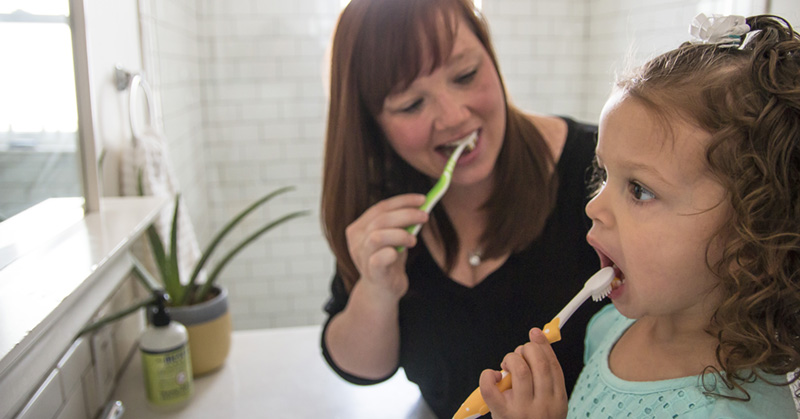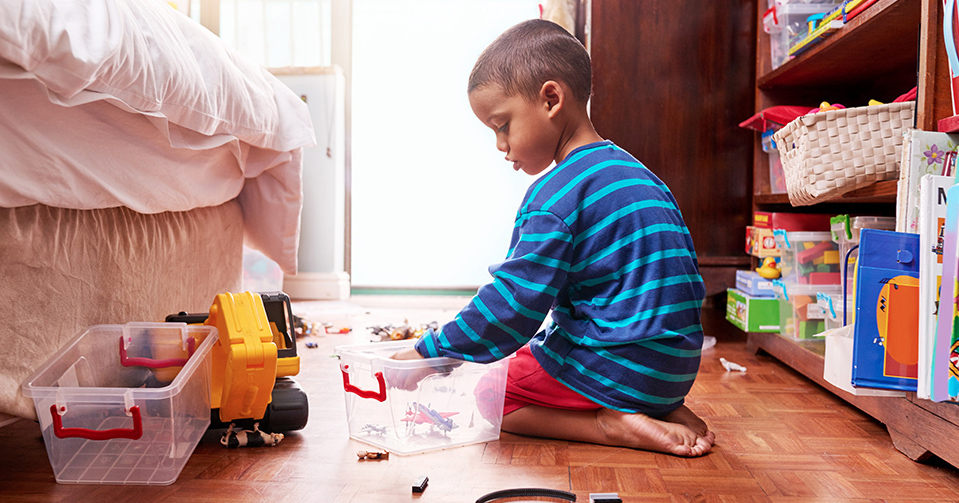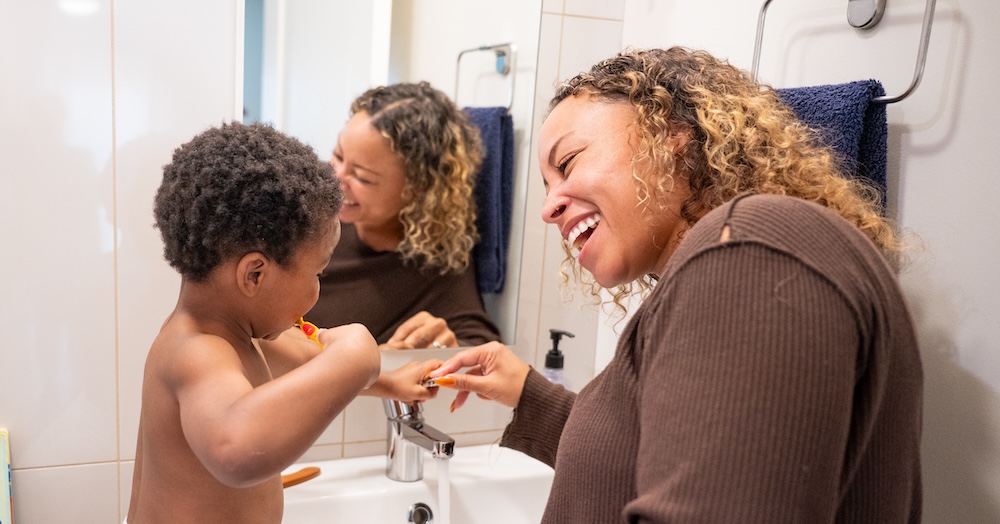
Getting out the door in the morning can feel like a race against the clock—especially when you have a preschooler. From picking out clothes to finishing breakfast, it’s easy to get overwhelmed. But here’s the good news: creating a morning routine for your preschooler doesn’t just help mornings go smoother—it also helps build independence, problem-solving and critical thinking skills.
Why Routines Matter for Young Children
Children thrive on consistency. Routines help them understand what’s expected, feel more in control and start the day with a sense of calm and connection. Plus, when kids help create the plan, they’re more likely to stick with it.
1. Talk It Out, Together
Every child is different. Some love picking out their clothes. Others enjoy brushing their teeth. Sit down with your child and talk about what mornings look like—what’s working, and what’s not. Use open-ended questions like:
-
“What do you like about getting ready in the morning?”
-
“What’s something that’s hard for you in the morning?”
This gives your child the chance to share their perspective—and gives you insight into what could improve.
2. Make a Morning Plan
Once you’ve talked it through, list out the must-dos before heading out the door. Try using simple language like:
“You need to be out of bed by 7 a.m., get dressed, brush your teeth and eat breakfast before 7:30 a.m.”
Write the routine on a chart your child can see, and have them help draw pictures for each step (like a toothbrush, a bowl of cereal, or a backpack). Visual routines are especially helpful for preschoolers who can’t yet read.
You might be interested in:

3. Let Them Problem-Solve
Ask your child what might help them stay on track. Maybe it’s using a timer for each task or picking out clothes the night before. When children come up with ideas themselves, they’re more likely to feel invested and try them out.
You could say:
-
“What could help you get ready faster in the morning?”
-
“Would setting a timer help you know when to move to the next task?”
Don’t worry if their idea isn’t perfect. Try it for a few days and then check in to see how it’s going. This teaches your child how to reflect and adjust—an important life skill.
4. Talk About Consequences, Too
If the routine doesn’t get followed, what happens? No one likes to be the “bad guy,” so include your child in this part of the conversation, too. Ask:
-
“What should happen if we don’t follow our morning plan?”
-
“What could help us stay focused next time?”
Together, decide on simple and consistent consequences—and follow through with kindness and clarity.
Building Life Skills One Morning at a Time
Creating a morning routine isn’t just about avoiding stress (though that’s a big win!). It’s also about helping your child build independence, responsibility and critical thinking—skills they’ll use long after preschool.
It might take a little time to get the new routine running smoothly, but stick with it. Your child will learn what to expect, and you’ll both start the day feeling more confident and connected.




